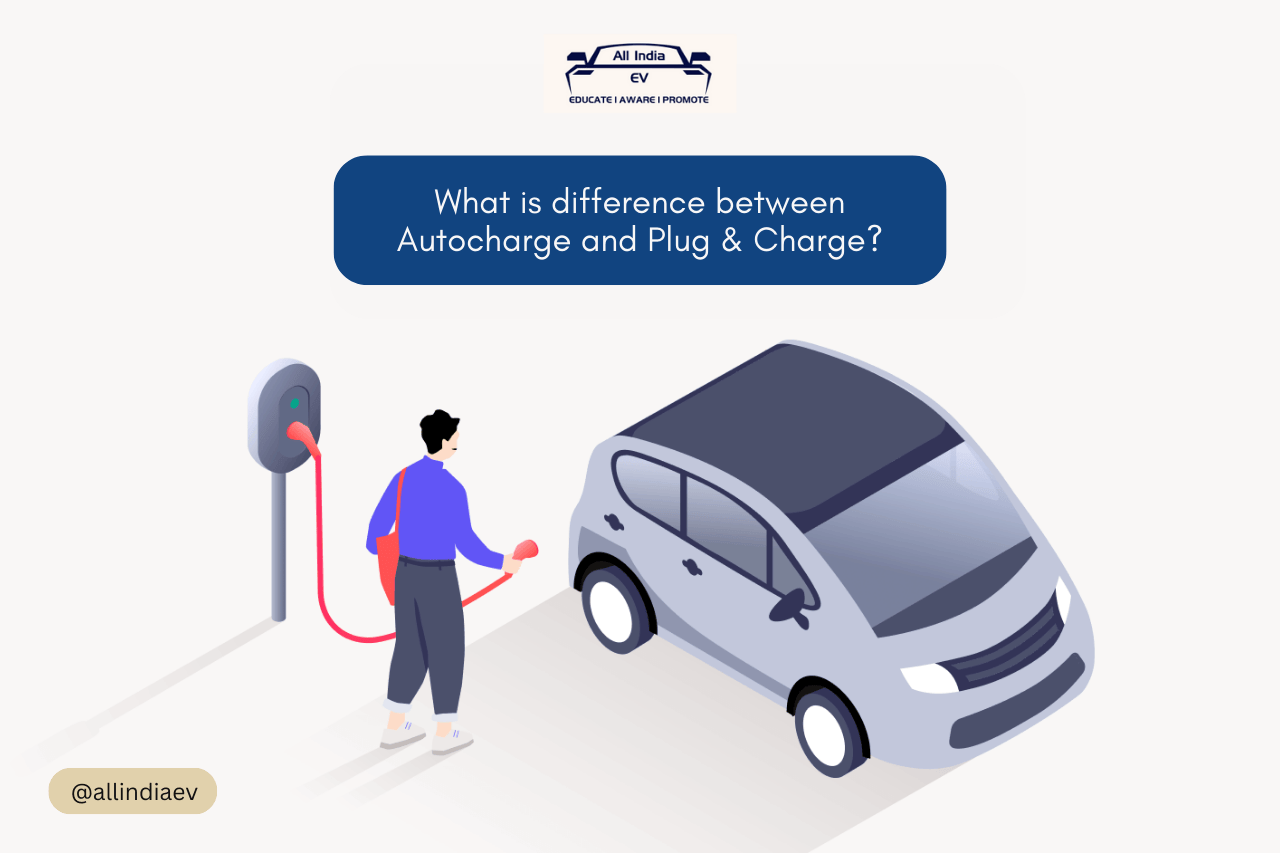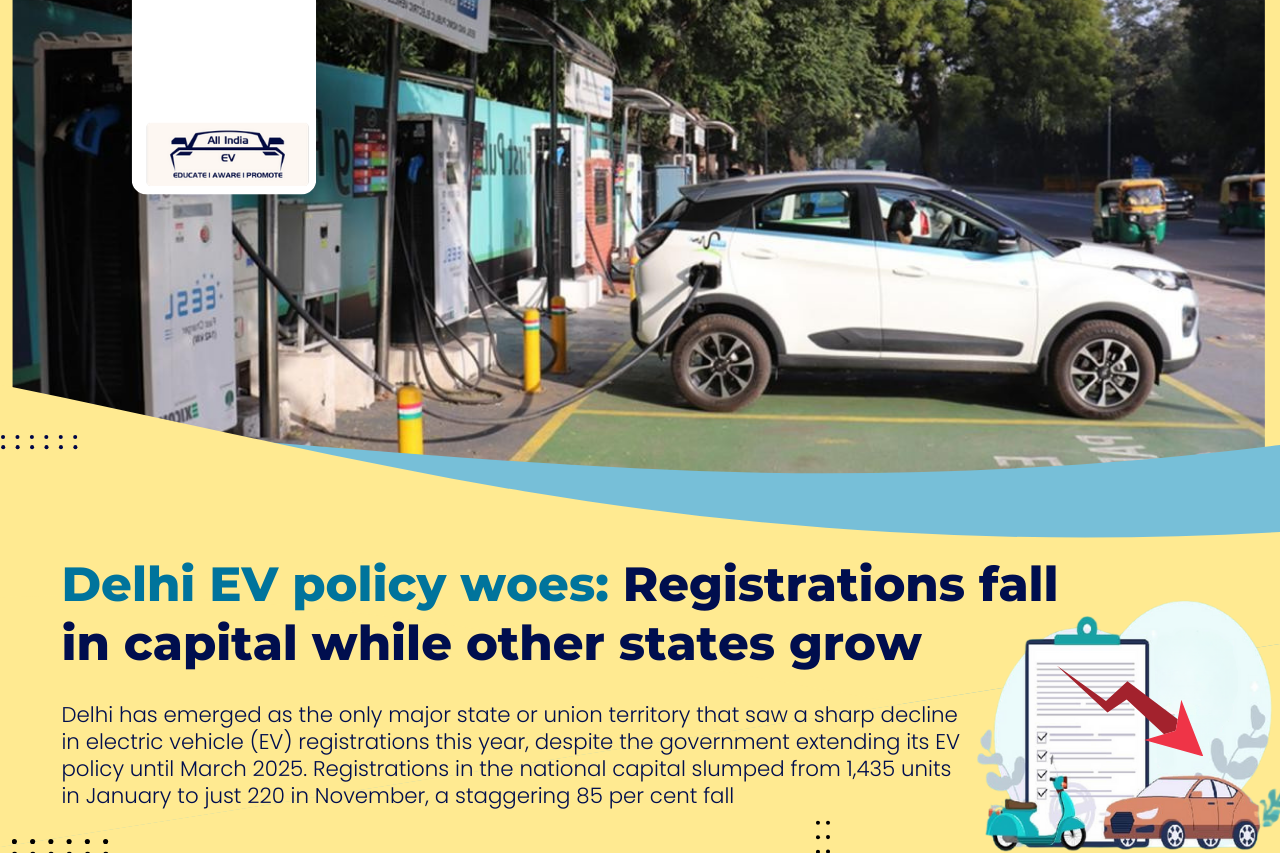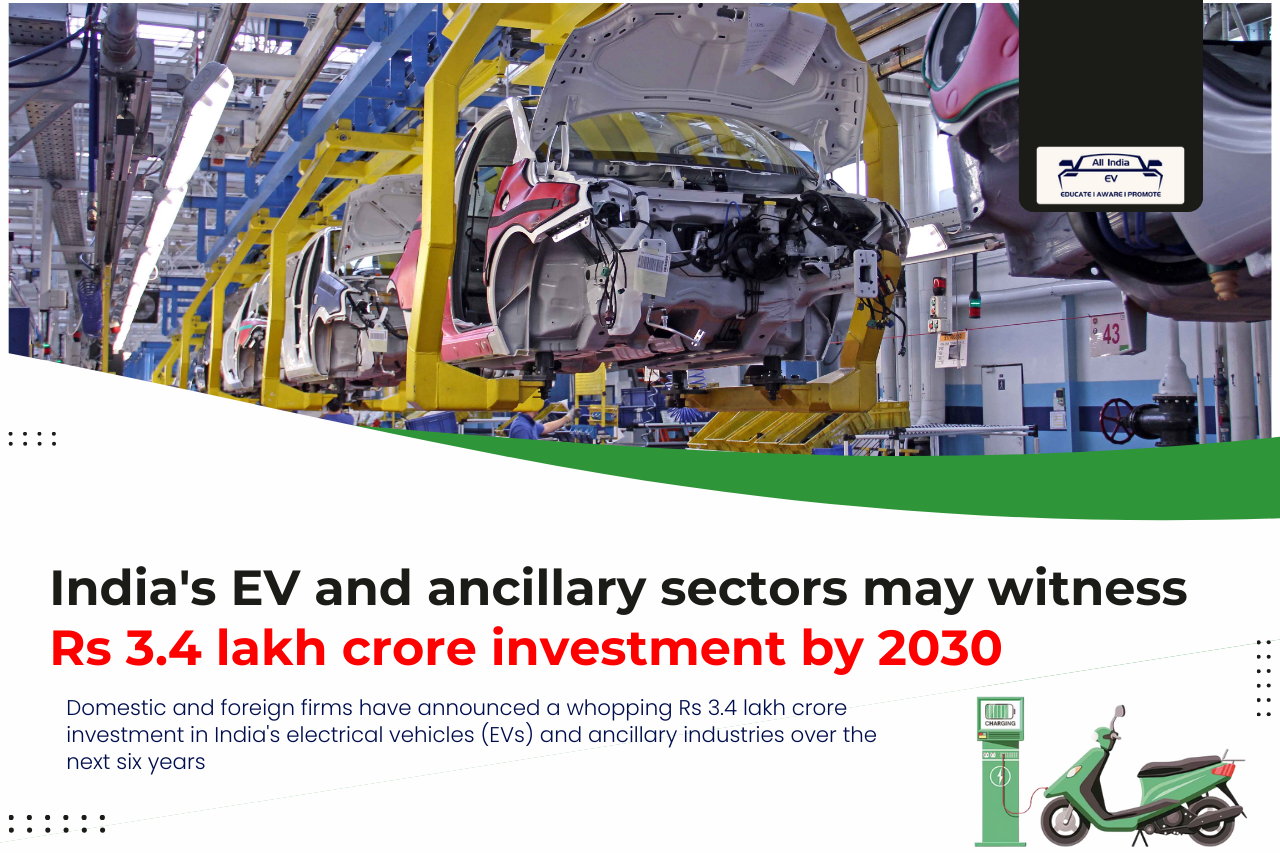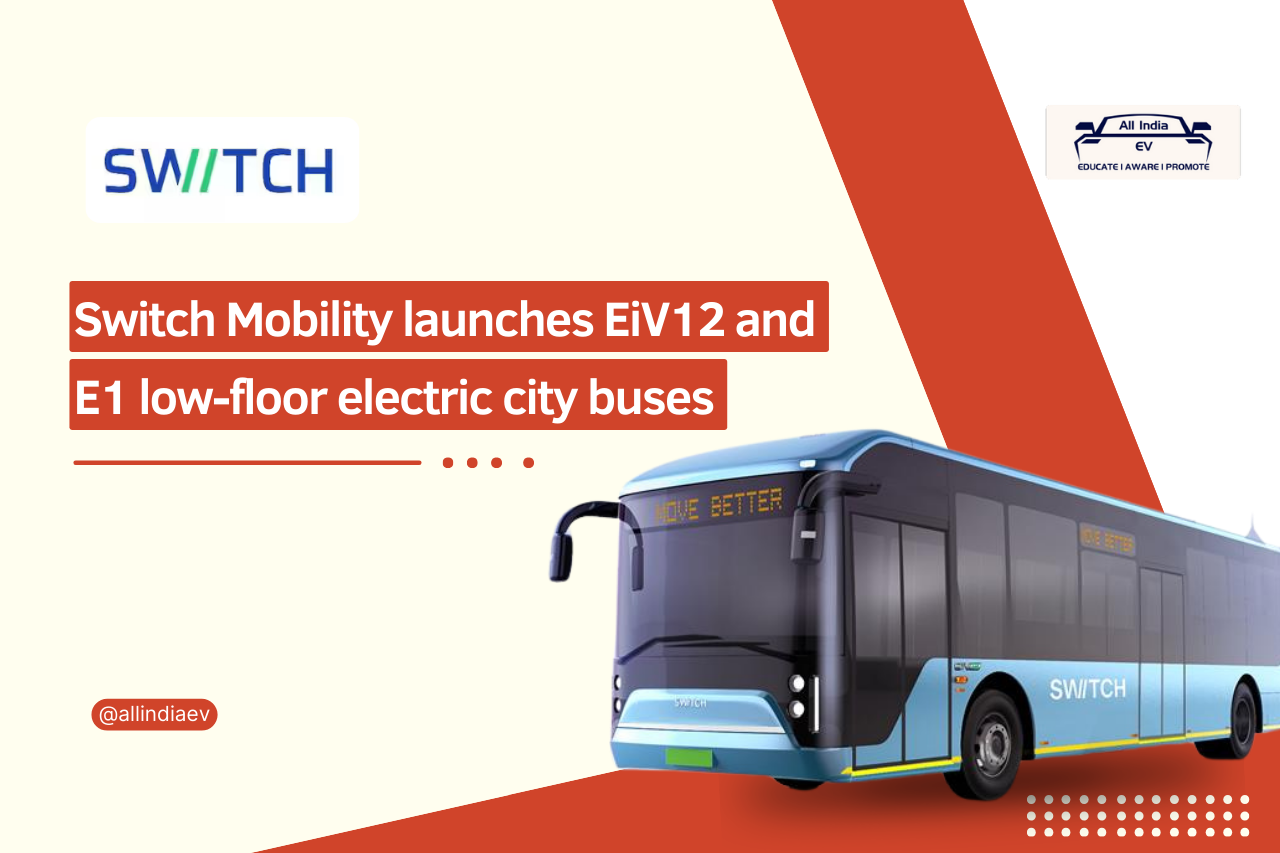
What is difference between Autocharge and Plug & Charge?
As the electric vehicle (EV) industry grows, simplifying the charging experience becomes critical for widespread…
Delhi’s EV Ambitions Stumble: A Sharp Decline Amidst Policy Uncertainty
Delhi's EV Ambitions Stumble: A Sharp Decline Amidst Policy Uncertainty New Delhi: In a stark…
Noida International Airport Partners with Mahindra Logistics for Electric Taxi Service
Noida International Airport Partners with Mahindra Logistics for Electric Taxi Service Noida, India (December 16,…
India’s Electric Vehicle Revolution: A Promising Future, But Challenges Remain
India's Electric Vehicle Revolution: A Promising Future, But Challenges Remain New Delhi: India's electric vehicle…
Switch Mobility Boosts Electric Bus Portfolio
Switch Mobility Boosts Electric Bus Portfolio Chennai: Switch Mobility Ltd., a subsidiary of Ashok Leyland,…
Essential Add-Ons for Comprehensive EV Insurance
Essential Add-Ons for Comprehensive EV Insurance As the adoption of electric vehicles (EVs) continues to…
Andhra Pradesh Unveils Ambitious EV Policy 4.0
Andhra Pradesh Unveils Ambitious EV Policy 4.0 Hyderabad: The Andhra Pradesh government has taken a…
India’s Electric Dream: A Ticking Time Bomb of Battery Waste
India's Electric Dream: A Ticking Time Bomb of Battery Waste As India accelerates its transition…
UEI Alliance Powers Up India’s Energy Landscape: 13,000 Daily EV Charging Sessions and Beyond
UEI Alliance Powers Up India's Energy Landscape: 13,000 Daily EV Charging Sessions and Beyond The…
India’s EV Charging Infrastructure Surges Past 25,000 Stations
India's EV Charging Infrastructure Surges Past 25,000 Stations New Delhi: India's electric vehicle (EV) revolution…
Battery Prices Hit Record Low, Fueling EV Adoption
Battery Prices Hit Record Low, Fueling EV Adoption London, UK: A groundbreaking report from BloombergNEF…
Amazon Delivers Green: 10,000 Electric Vehicles on Indian Roads
Amazon Delivers Green: 10,000 Electric Vehicles on Indian Roads Amazon India has achieved a significant…















